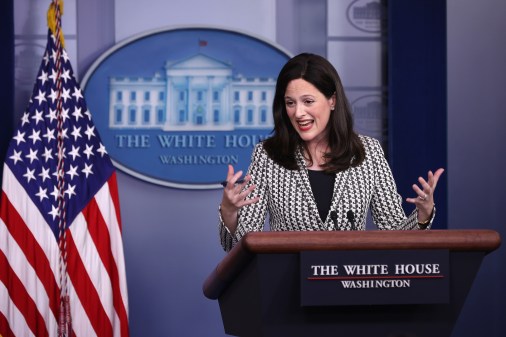White House explores data portability in new RFI

The White House wants Americans to have the ability to easily download the personal data they’ve stored with various providers online.
The Office of Science and Technology Policy issued a request for information prompting citizens for ideas to increase data portability — the “ability to get and use your data.”
“Data portability should allow us to enjoy the convenience of keeping our data online, and the ability to gain access to it and use it how we wish,” White House Deputy CTO Alexander Macgillivray and Jay Shambaugh, a member of the Council of Economic Advisors, wrote in a blog post Friday.
Particularly, OSTP wants to know about the benefits and drawbacks the public sees in greater data portability, and how policy or other such promotion can help achieve that increased portability.
The benefits of greater data portability are quite apparent.
“For users, perhaps the most important benefits are the ability to create backups of their most important data, like photographs, tax returns, and other financial information while reducing the danger of becoming locked-in to a single service provider, especially in a world where service providers may change business models or discontinue products,” the RFI reads. It also considers how increased competition among providers would be to the consumer’s advantage.
The Obama administration has seen success around data portability in recent years launching platforms to give Americans access to their data held by federal agencies, such as the Blue Button to download health data, the My Transcript app to download tax return documents from the IRS and My Student Data for federal student data.
But there are also possible disadvantages to greater portability, the White House recognizes.
“With lower switching costs, businesses might adjust their business models and become more selective in their initial customer acquisition strategy or invest less in their customer relationships, which might leave some sets of customers worse off than before,” the RFI says. “Some privacy and security advocates also worry that the strength of data portability – easier sharing of information – could encourage more information sharing, including when it might be inadvisable from a privacy perspective or when a criminal successfully breaks into an unsecured service.”
The solicitation is open to public comments until Nov. 23.






